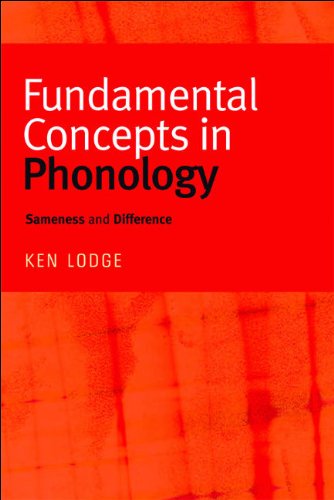

Most ebook files are in PDF format, so you can easily read them using various software such as Foxit Reader or directly on the Google Chrome browser.
Some ebook files are released by publishers in other formats such as .awz, .mobi, .epub, .fb2, etc. You may need to install specific software to read these formats on mobile/PC, such as Calibre.
Please read the tutorial at this link: https://ebookbell.com/faq
We offer FREE conversion to the popular formats you request; however, this may take some time. Therefore, right after payment, please email us, and we will try to provide the service as quickly as possible.
For some exceptional file formats or broken links (if any), please refrain from opening any disputes. Instead, email us first, and we will try to assist within a maximum of 6 hours.
EbookBell Team

4.8
44 reviewsKen Lodge investigates the basic concepts of phonological theory. He especially focuses on sameness and difference, each a sine qua non of classification. It is assumed that all academic disciplines utilize these two basic concepts in classification. Since phonology deals with the interface between the abstract system of native speaker knowledge and physical entities, the linguistic classification of those physical entities needs a clear and rigorously applied criteria for deciding what constitutes the same sound and what does not. For the past hundred years, linguists have generally assumed that the criteria for classification are found in a segmentalized version of the phonetic continuum of spoken language. This is still largely the case today, even though the system of native speaker knowledge of language is considered to be a highly abstract mental representation of that knowledge. This book questions the basis of such assumptions, in particular segmentation, abstractness, monosystemicity, and derivation.